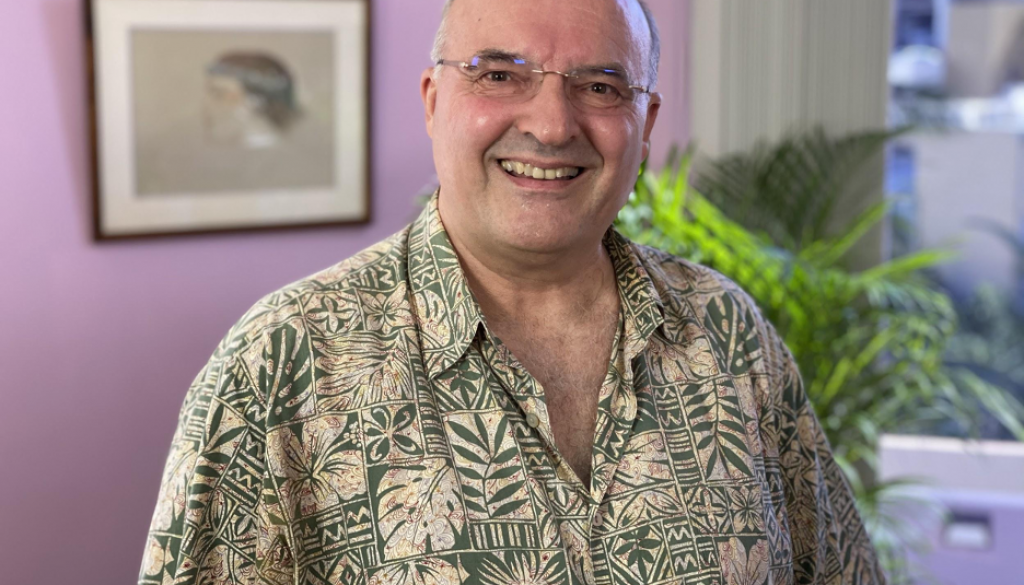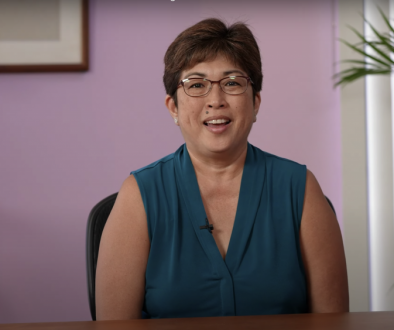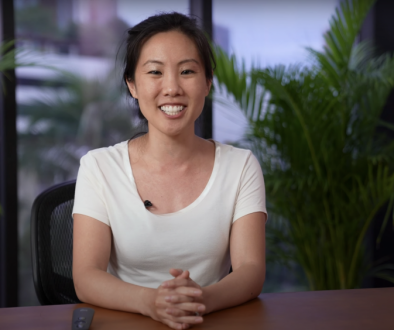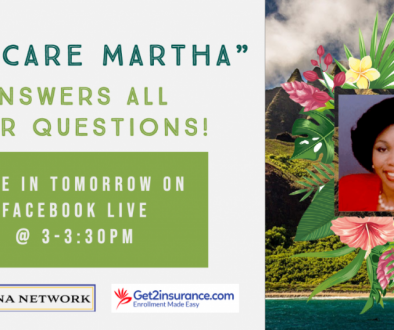Remember to Breathe
by Rick Tabor, Generations Magazine
Almost one-third of the adult U.S. population is currently care-givers for an ill or disabled relative. The majority are female and 60 percent are employed part-or full-time. A 2015 survey conducted by the National Alliance for Caregiving and AARP, Caregiving in the U.S., found approximately 34.2 million Americans provided unpaid care to ages 50 or older in the last 12 months, while 43.5 million provided unpaid care to an adult or child within a 12-month period.
Caregivers need to take time to care of themselves so they stay well enough to care for others. Realize that your own health and well-being could suffer if you don’t take care to be well before tending to others needs.
Types of Respite Care:
It may be hard to imagine leaving your loved one in someone else’s care, but taking a break can be one of the best things you do for yourself—as well as the person you’re caring for. Most communities have some type of respite care available, such as: In-home respite. Healthcare aides come to your home to provide companionship, nursing services or both.
Adult care centers and programs:
Some centers provide care for both older adults and young children, and the two groups may spend time together for the benefit of both age groups.
Short-term nursing homes:
Some assisted living homes, memory care homes and nursing homes accept people needing care during short stays while caregivers are away. Set reasonable goals and plan accordingly.
Family Leave Act:
Nearly 60 percent of our nation’s caregivers work outside of the home. If you work outside the home and are a caregiver, you may begin to feel overwhelmed. If you do, you might want to consider taking a leave from your job—especially during times of heightened need or hospice. Employees covered under the federal Family and Medical Leave Act may be able to take up to 12 weeks of unpaid leave a year to care for relatives. Ask your human resources office about unpaid leave options.
In Hawai‘i, there is financial assistance for family caregivers who work 30 hours a week through the Kupuna Caregivers Program. Contact the Hawaii Aging and Disability Resource Center.
If you are like many caregivers, you might have a hard time asking for help. Instead, take advantage of Hawai‘i’s resources for caregivers. Like most things in life, we’re stronger together, asking for help is a strength we can all appreciate. Let’s work together to support each other and care for our Kūpuna with love, laughter and an aloha lifestyle. Mahalo
Previously published in the August/September 2019 Generations Magazine. Written by, Rick Tabor, Generations Magazine, Community Development Director, rick@generations808.com, 808.285.5936




